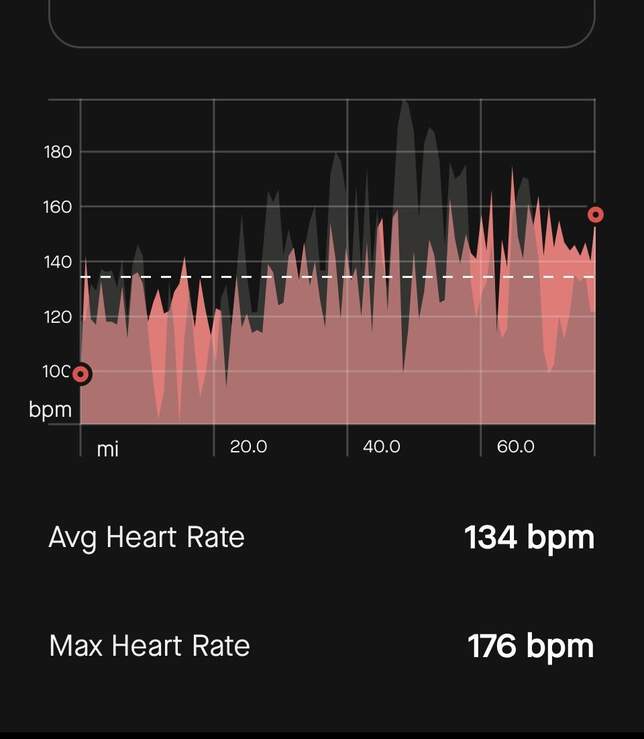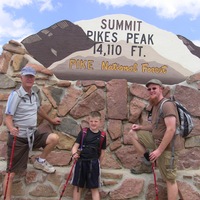Raj's Journal
Mitral Regurgitation, Joined October 28, 2023
Mitral Regurgitation
Joined October 28, 2023
-
 I am from: Baltimore
I am from: Baltimore -
 My surgery date is: October 20, 2023
My surgery date is: October 20, 2023







